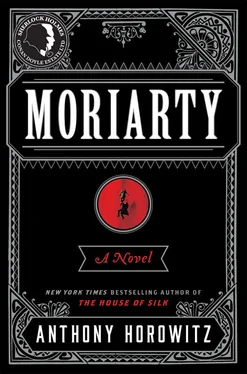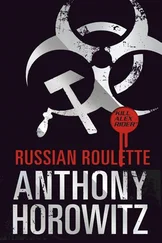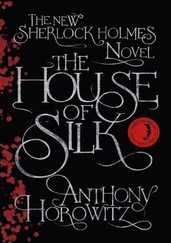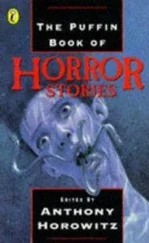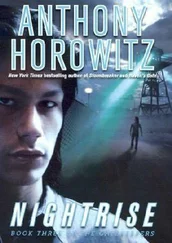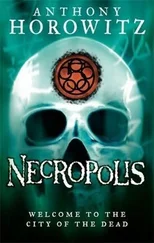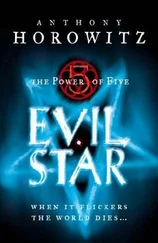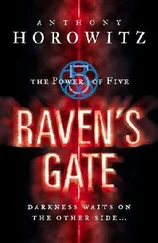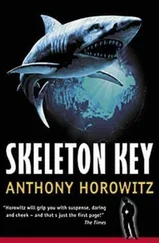‘You have to understand that America is a young country and as such it is still, in many respects, uncivilised. I was actually shocked by the lawlessness that I found all around me when I first arrived in New York, although I suppose I might have expected it. How else could a company like the Pinkerton Detective Agency have become so successful if it wasn’t needed? The tenement where I lived was surrounded by brothels, gaming places and saloons where the criminal classes congregated and boasted quite openly about their exploits. I’ve already mentioned forgers, counterfeiters and bank robbers. To those I might have added the countless footpads who made it dangerous to venture out at night and the pickpockets who committed their crimes quite brazenly in the day.
‘There were criminals everywhere. A thousand thieves; two thousand prostitutes. But—and this, you might say, was the saving grace—they were disparate and disorganised, nearly always acting alone. Of course, there were exceptions. Jim Dunlap and Bob Scott headed an organisation that became known as The Ring and which stole three million dollars, an amazing sum, from banks across the country. Other gangs—the Dead Rabbits and the Bowery Boys—came and went. There were the Plug Uglies over in Baltimore. I read all the files. But Clarence Devereux was the first man to see the advantages of a comprehensive criminal network with its own code of practice and a fully worked-out chain of command. We first heard of him at the time of the Western Union business, but by then he had already established himself as the most brilliant and most successful criminal of his generation.’
‘And this man is the reason you are here?’ Jones enquired. ‘He is the author of the letter sent to the late Professor Moriarty?’
‘I believe so, yes.’
‘Please, continue.’
I had not even tasted the soup in front of me. Jones was still watching me intently. It was a strange meal, two foreigners in a Swiss restaurant, neither of them eating a thing. I wondered how much time had passed since I had begun my tale. Outside, the night seemed darker than ever and the flames were crackling, leaping at the chimney.
‘By now I had been promoted to the role of General Operative,’ I continued, ‘and Robert Pinkerton made me personally responsible for Devereux’s arrest. I was given a special team—three investigators, a cashier, a secretary, two stenographers and an office boy—and together we became known as the Midnight Watch, a reference to the long hours we kept. Our office, tucked away in the basement, was jammed with correspondence and not an inch of our four walls was visible beneath the veritable rogues’ gallery that we had pinned into place. Reports from Chicago, Washington and Philadelphia were sent to us and slowly, methodically, we worked our way through hundreds of pages. It was an exhausting business but by the beginning of this year, a face had begun to take shape… well, not so much a face, a presence.’
‘Clarence Devereux.’
‘I cannot even be certain that that is his real name. He has never been seen. No illustration or photograph of him exists. It is said that he is about forty years of age; that he came to America from Europe, from a well-to-do family; that he is charming, highly cultivated and philanthropic. Yes, I see you start. But I know for a fact that he has given substantial sums of money to the New York Foundling Hospital and to the Home for the Friendless. He has endowed a scholarship at Harvard University and he was one of the founding subscribers of the Metropolitan Opera.
‘And yet at the same time, I tell you, there is no more evil influence in the whole of America. Clarence Devereux is a criminal like no other, utterly ruthless, as much feared by the villains who work for him as by the victims whose lives he has ruined. There is no form of depravity, no vice that is below him. Indeed, he takes such pleasure in the organisation and execution of his various schemes that we have been led to believe that he commits his crimes as much to amuse himself as to benefit from any profits they might bring. After all, he has already made his fortune. He is a showman, a ringmaster who brings misery to everyone he touches, leaving his bloody fingerprints everywhere he goes.
‘I have studied him. I have pursued him. He represents everything that I loathe and find most vile and to bring an end to his activities would be the crowning moment of my career. And yet he remains out of my reach. Sometimes I feel that he knows my every move; that he is toying with me. Clarence Devereux is very careful about the way he operates, hiding behind his false identity. Never once will he expose himself or put himself in any danger. He will plan a crime—a bank robbery, a burglary, a murder; work out the details, recruit the gang, take the spoils—but he himself will not come close. He remains invisible. He has, however, one trait that may one day help me identify him. It is said that he has a strange psychological condition called agoraphobia—which is to say, a morbid fear of open spaces. He remains indoors and travels only in a covered carriage.
‘There is something else. As we continued our work, we were able to track down three men who knew his true identity and who almost certainly worked for him: his closest lieutenants and bodyguards. They formed a satellite around him, all three of them vicious criminals in their own right. Two of them are brothers—Edgar and Leland Mortlake. The third started life as a smatter-hauler, which is what we call a handkerchief thief, but soon graduated to safe-cracking and grand larceny. His name is Scotchy Lavelle.’
‘Can you not arrest them?’
‘We have arrested them—many times. They are all three of them graduates of Sing Sing and the Tombs but in recent years they have been careful to keep their hands clean. They pretend to be respectable businessmen now and there is no evidence to prove otherwise. Arresting them again would do no good. The police have questioned them repeatedly but there is nothing in this world that would make them talk. They represent the new breed of gangster, the one that we at Pinkerton’s most fear. They are no longer afraid of the law. They think themselves above it.’
‘Have you met them?’
‘I have observed all three of them from a distance and from behind a wire mesh. I always thought it best that we should remain unacquainted. If Devereux can keep his face a secret from me, it seems only fair to repay the compliment.’ Mrs Steiler walked past and placed another log on the fire although her restaurant was already sweltering. I waited until she had left us and then finished my account. ‘For two years we investigated Clarence Devereux with little success, but then, just a few months ago, we had a breakthrough. One of my investigators was a young man called Jonathan Pilgrim.’
‘I know that name too,’ Jones muttered.
‘He was only in his twenties when I first met him and in his enthusiasm and basic decency he reminded me of myself at his age. He was a remarkable fellow who’d come to us from the west. A fine cello player and a baseball player too. I once saw him pitch at Bloomingdale Park. When he was nineteen, he trailed a horse herd a thousand miles across the Texas plains and he’d had experience of ranches, mines—he’d even spent time working the riverboats. He joined the team in New York and, working on his own, managed to get close to Leland Mortlake. Let’s just say that the older of the two brothers had always enjoyed the company of a handsome boy and with his straw-coloured hair and bright blue eyes, JP was very handsome indeed. He became Mortlake’s secretary and travelling companion. The two of them dined together. They visited the theatre and the opera and hung out at the saloons. Well, in January, Mortlake announced that he was moving to London and he invited JP to go with him.
Читать дальше
